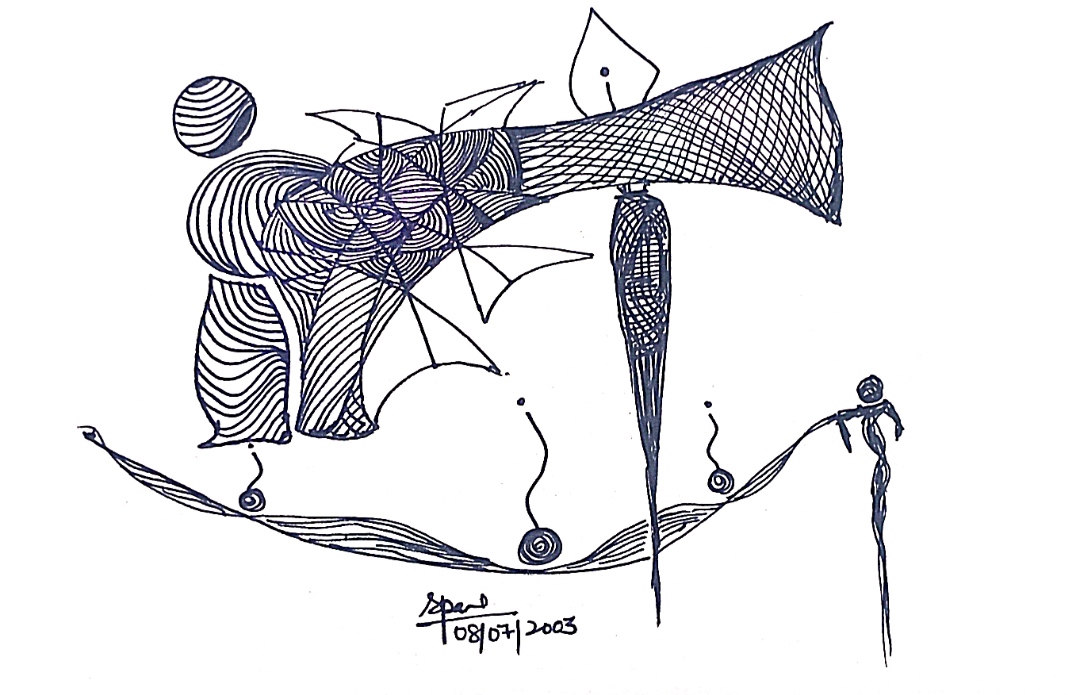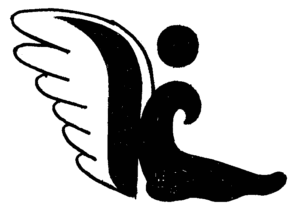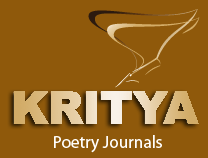
In The Name Of Poetry

Poet on own poetry
by Megha Sood
@ Megha sood’s poetry has been taken as editor’s choice in this issue
My introduction to creative writing has been nothing short of a miracle. I’m a self-taught artist who seeks to continuously grow and learn as a writer and a human being. Writing poetry has always been a cathartic experience for me. Poetry is an amalgamation of introspection and declaration for me. The strong effect of life and its introspection continues to be the impetus in much of my poetry.
I never received a formal education in creative writing, instead, I did my Master’s in computer application and traveled worldwide during various technical project implementations. In the year 2018, I completely pivoted from my decade-long career in Information Technology as a Project Manager to my passion for poetry. At the behest of friends, I started my WordPress blog in 2018 to connect with like-minded writers in the community. This led to my role as a contributing editor in various literary collectives.
Being a strong advocate of social justice, my writing is strongly informed by social issues plaguing our world. Later, I started contributing heavily to socially conscious anthologies/journals that kickstarted my publication journey. This gave birth to my editorial role and birthed two anthologies namely (The Kali Project, Indie Blue Publishing, 2021, USA) and (The Medusa Project, Mookychick, 2020, UK) featuring womxn creatives from around the globe. The Medusa Project has been selected as a digital payload to be sent to the moon in 2024 as a part of the historic LunarCodex Project in collaboration with NASA/SpaceX. The Kali Project is also added as a reference in the Journal of Commonwealth Literature. Both the anthologies were warmly received by the literary community.
In the year 2020, I was invited to be the literary partner for the Life in Quarantine Project by the Centre of Spatial and Textual Analysis, ( CESTA), Stanford University. The two-year partnership led to the creation of a digital archive that featured the works of 200+ creatives across the world. “Life in Quarantine” with Stanford University has also been presented in the Open Education Global Forum 2020 and received mention in the 200-year-old newspaper Stanford Daily. Currently, the project is being used as a pedagogical digital resource in community colleges across the country.
The year 2021, led to the publication of my two chapbooks (“My Body Is Not an Apology, Finishing Lines Press, 2021, USA) and (“A Potpourri of Emotions, 2020, Local Gems Press, USA,). My exploration of body identity and body politics at the intersection of social issues gave birth to my debut full-length in the year 2022. My debut full-length (“My Body Lives Like a Threat” FlowerSongPress,2022) has been a finalist of seven national-level awards namely Indie Book Excellence Awards, Best Book Awards, NY Book Festival, Housatonic Book Award( Connecticut MFA), Indo-American Arts Council, National League of American Pen Women, etc.
Currently, I am working towards the publication of my fourth poetry collection (“ Language of the Wound is Love, FlowerSong Press, 2024) which delves into the pain and anguish of first-generation immigrants losing their language while trying to balance their hyphenated identities.
Poetry also became my gateway to other roles as an editor, curator, spoken word jury, workshop facilitator, and panelist with numerous academic and literary organizations across the globe.
I have always believed that writers should not only use creative expression as an impetus for declaration or introspection but also as a tool to inspect and reflect on society while inspiring their fellow writers. Poetry and Arts have always permeated social movements. It has a social relevance because it is effective as a means of activism and stimulates empathy, which is necessary for social and economic justice.
As a writer of color, a woman, and a first-generation immigrant, my poetry weaves the fabric of my unique experiences and perspectives into my creative works. As a woman, I challenge stereotypes and advocate for gender equality, using poetry as a vehicle for empowerment. In addition, as a first-generation immigrant, I articulate the difficulty of navigating cultural clashes while coping with challenges faced by those who forge new paths. As a literary activist, my writing seeks to inspire change and foster empathy, understanding, and a shared commitment to an inclusive and just world.
As quoted by Friedrich Nietzsche, “One must still have chaos in oneself to be able to give birth to a dancing star.” To me, the most difficult part of writing poetry is to tame that disorder in your mind in such a way that it gives birth to beautiful poetry rather than getting lost in chaos and dissonance.
Being an artist is a very vulnerable state to be in. I strongly believe that expressing deep and vulnerable emotions to a judgemental world is the bravest form of expression.

